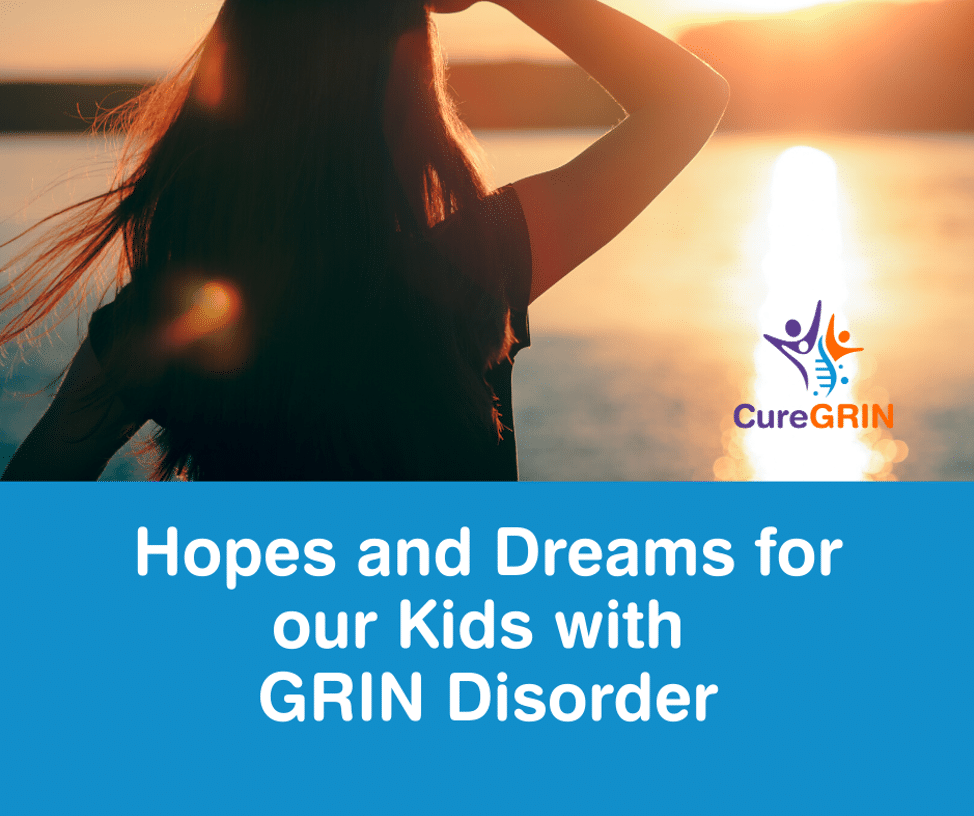Hopes and Dreams for our Kids with GRIN Disorder
Share This Post

We asked family members on the CureGRIN Facebook page to tell us about their hopes for their loved ones with GRIN Disorder. It turns out our hopes aren’t all that different from those of parents of typically developing children – love, happiness, to live a good life. But even these seemingly simple dreams have much different meanings or levels of what is possible for children with special needs.
When asked about her hopes, Aubrey S.,(GRIN2B Mom), said it perfectly. “My greatest hope seems easy and yet so difficult”, she says. “My hope is for Hunter to be heard and to be seen.” Below, other parents share their greatest hope for their loved ones with GRIN Disorder: We hope for simple things like love, acceptance, being valued, treated with kindness, and respect:
“For Owen to be loved, accepted, and valued for exactly who he is. I wish for him an inclusive community where others see the beauty and joy that he embodies so that he’ll be embraced when I’m not here.” Samantha P. (GRIN1 Mom)
“That Charlotte be treated with the love, care and kindness she deserves”. Gilianne N. (GRIN2B Mom)
“That Kaitlin is truly loved, genuinely included and not just defined by the ways she is so special but valued for them. I wish for dignity and kindness.” Maureen B. (GRIN1 Mom)
“For Tristan’s life to be filled with people who love and respect him and his abilities, whatever they are.” Berni M. (GRIN1 Mom)
“For Kaelin to be able to live a life that makes her happy. I hope seizures do not take over her happiness.” Kelly L. (GRIN2A Mom)
We have extraordinary hopes for mobility and independence, communication, and normal life experiences: Parents of children that cannot protect themselves or communicate, often find themselves hoping for very basic human needs such as the ability to walk, enjoy the playground, and express themselves. Many GRIN Disorder patients are non-verbal these parents have never heard their child call them “mom” or “dad”. This simple but so powerful parent-child connection is something many parents dream of experiencing one day. Salvatore C. hopes one day for her daughter to look her in the eyes and call her “mum”. These parents have big hopes for their children too:
“To walk, talk and do everything that kids his age are doing.” Amanda L. (GRIN2B Mom)
“For Emma to be able to communicate so she can let us know what is bothering her when she not well or when she’s scared.” Carole Q. (GRIN2B Mom)
“How amazing it would be to know what Sage is thinking, feeling and wanting…always have someone advocating for her, even if I am gone.” Jessie M. (GRIN1 Mom)
“Independence. For Adam to be able to get up and walk when he wants, to drink or eat on his own.” Eden B. (GRIN2D Mom)
“That Ben be able to communicate his needs and that he is not in pain.” Laura K. (GRIN2B Mom)
Our Ultimate Hope: A Cure for GRIN Disorder Despite all the missed milestones and conversations about “developmental delays”, I still thought Brett would live a “normal life” one day. My hope turned to grief and sadness when we received his GRIN Disorder diagnosis shortly before his second birthday.
After having time to process and heal, I shifted my goals for Brett to help him develop to his fullest potential. But until this past year, I did not have big expectations of what the ceiling might be for Brett. I now have new hope that a cure for GRIN Disorder is likely. This is because researchers have shown that many GRIN Disorder symptoms are reversable in adult mice. This offers hope even for adults living with the disease.
Federica M. (GRIN2A Mom) wishes that her daughter, Vita, will develop skills that will allow her to have a “normal” life one day. I share this same ultimate hope for Brett and all those living with GRIN Disorder. Until then, we continue to push for the best life possible for our loved ones today, while we raise the bar in our minds of what we imagine for their future.
Read more Posts

How Many People have GRIN Disorder?
A new study suggests that GRIN Disorder might not be quite as rare as previously thought. Estimates published suggest that approximately 1,281 babies are born with GRIN Disorder each year in the United States alone.

